


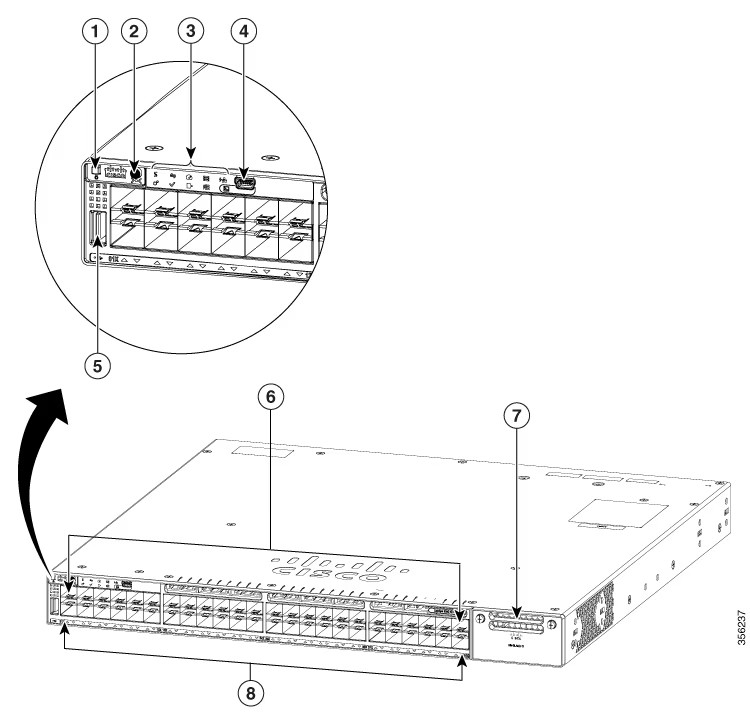





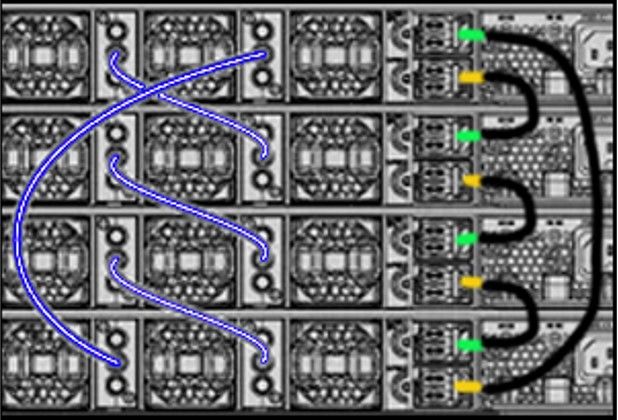



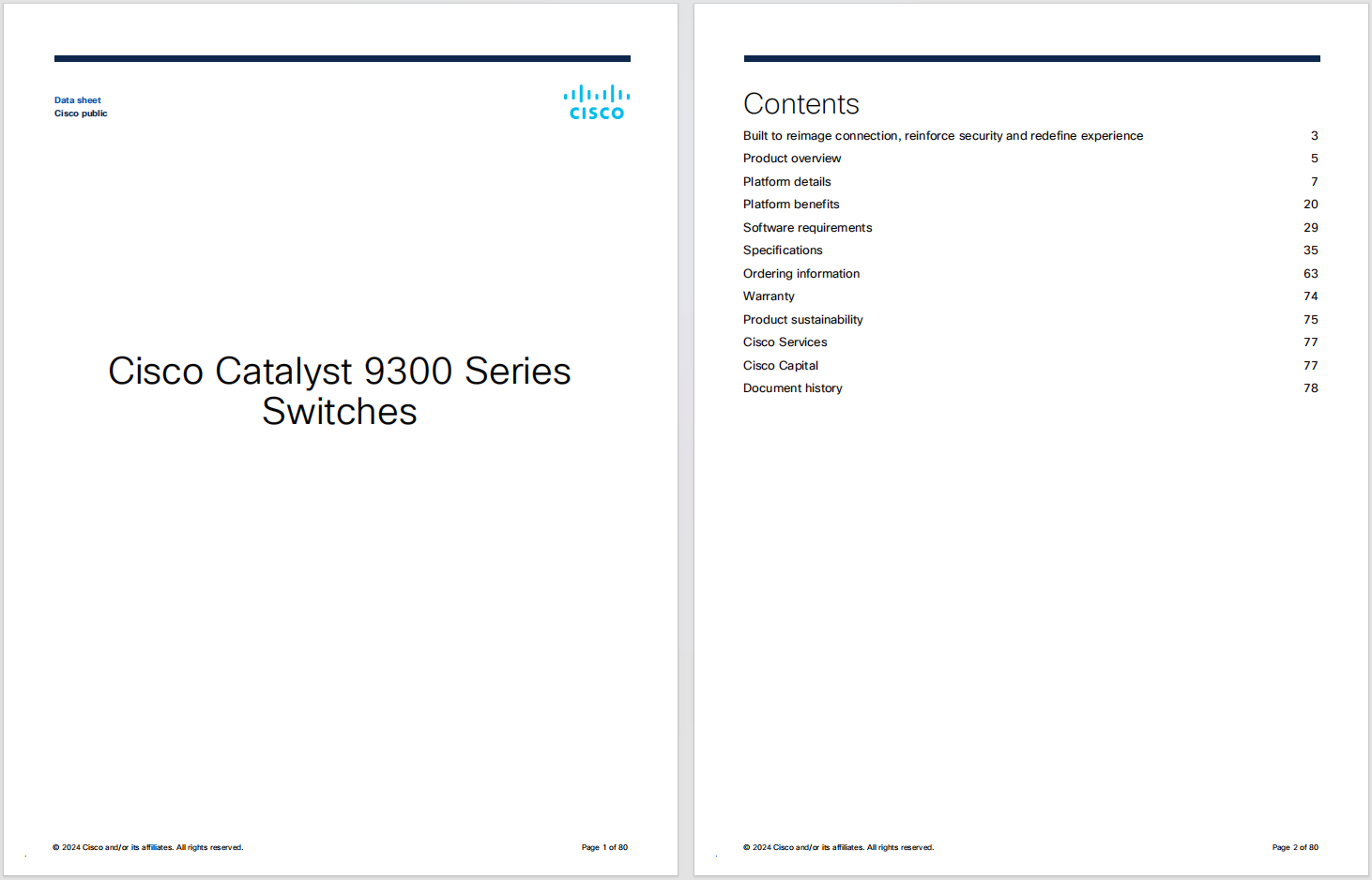
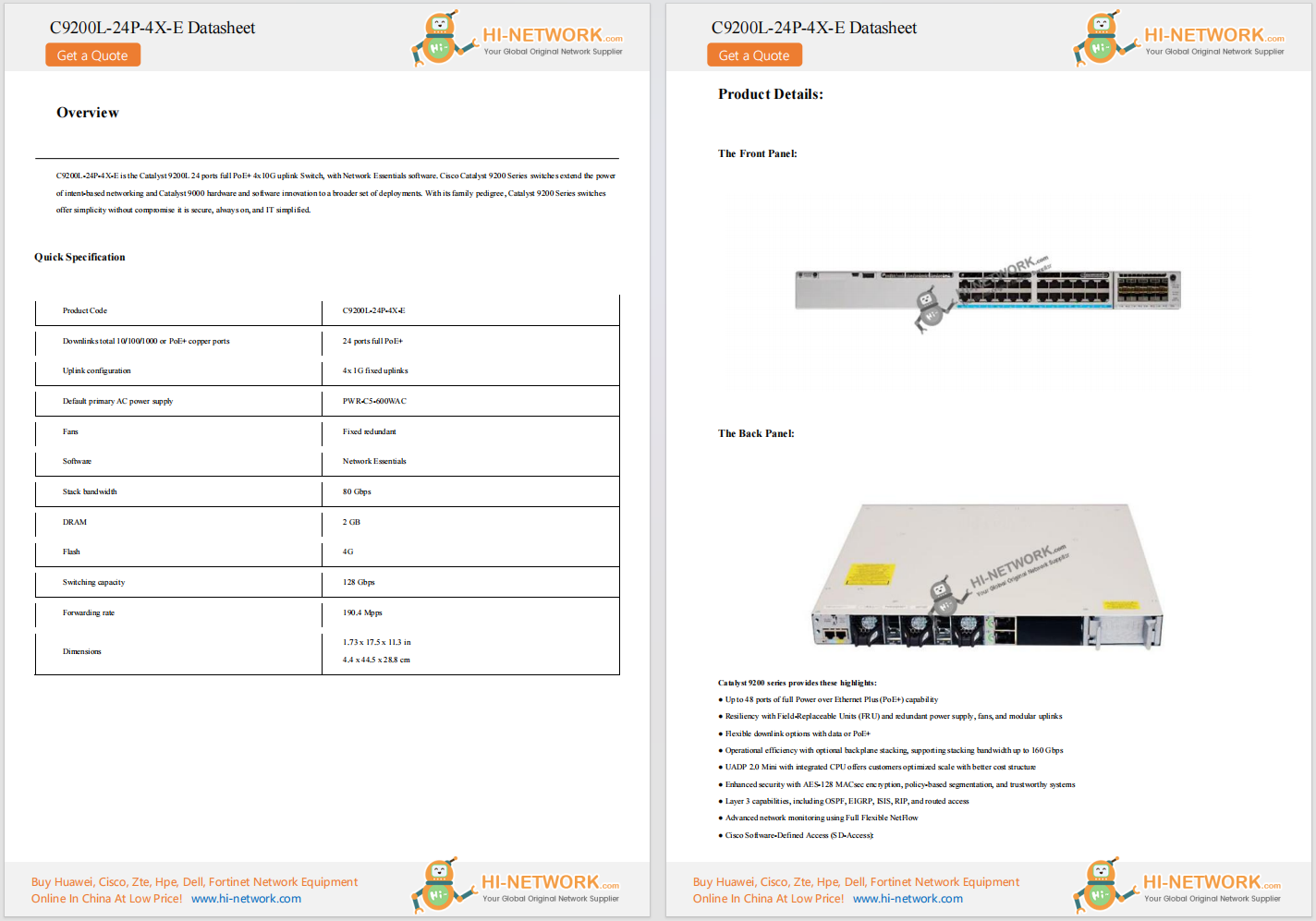


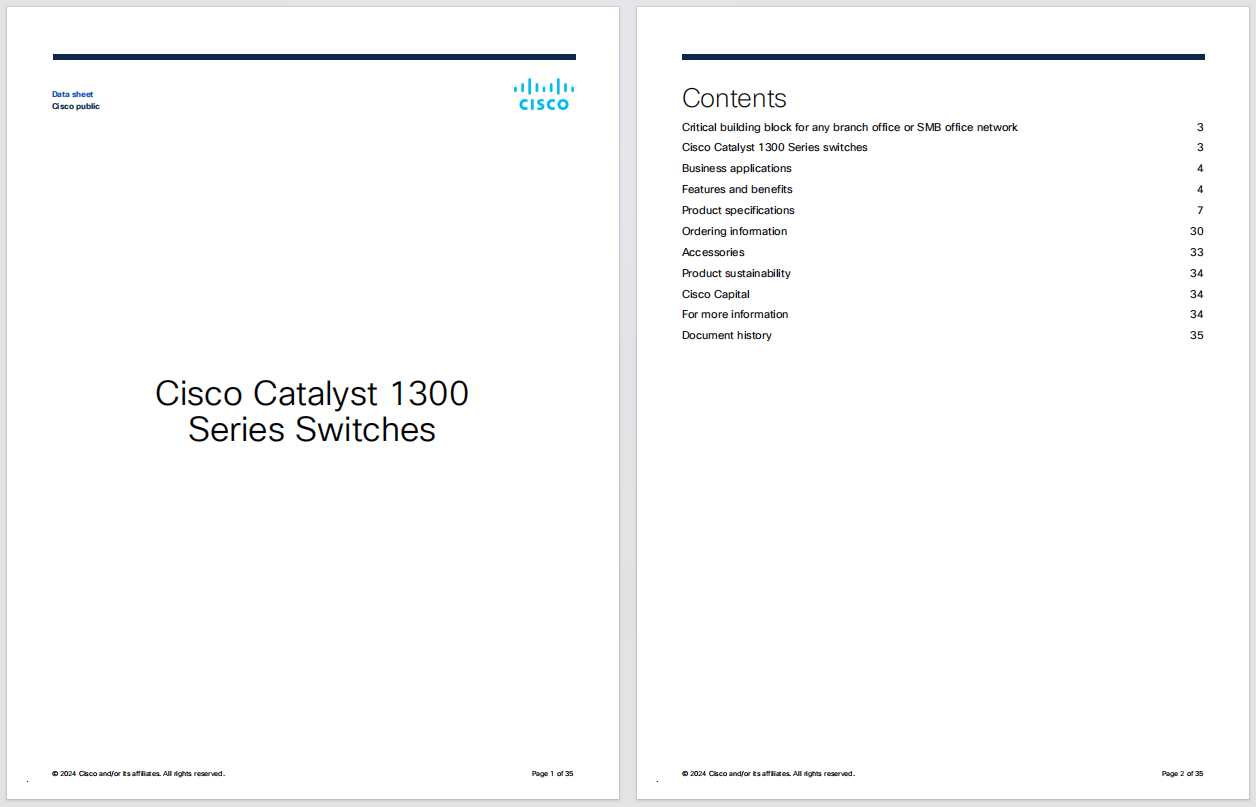
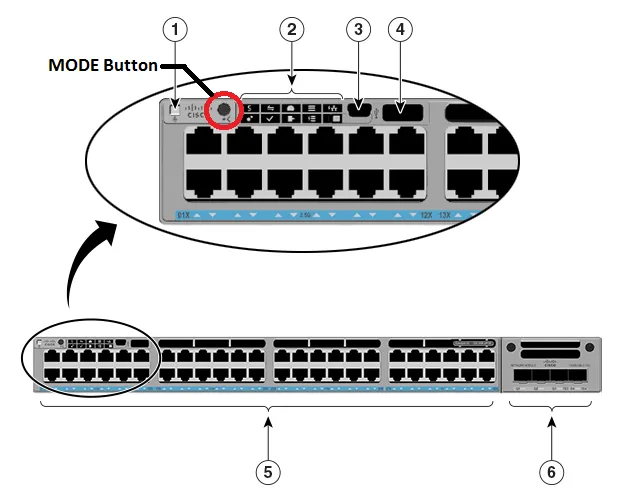




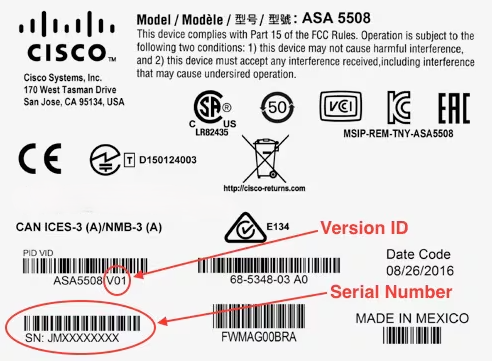


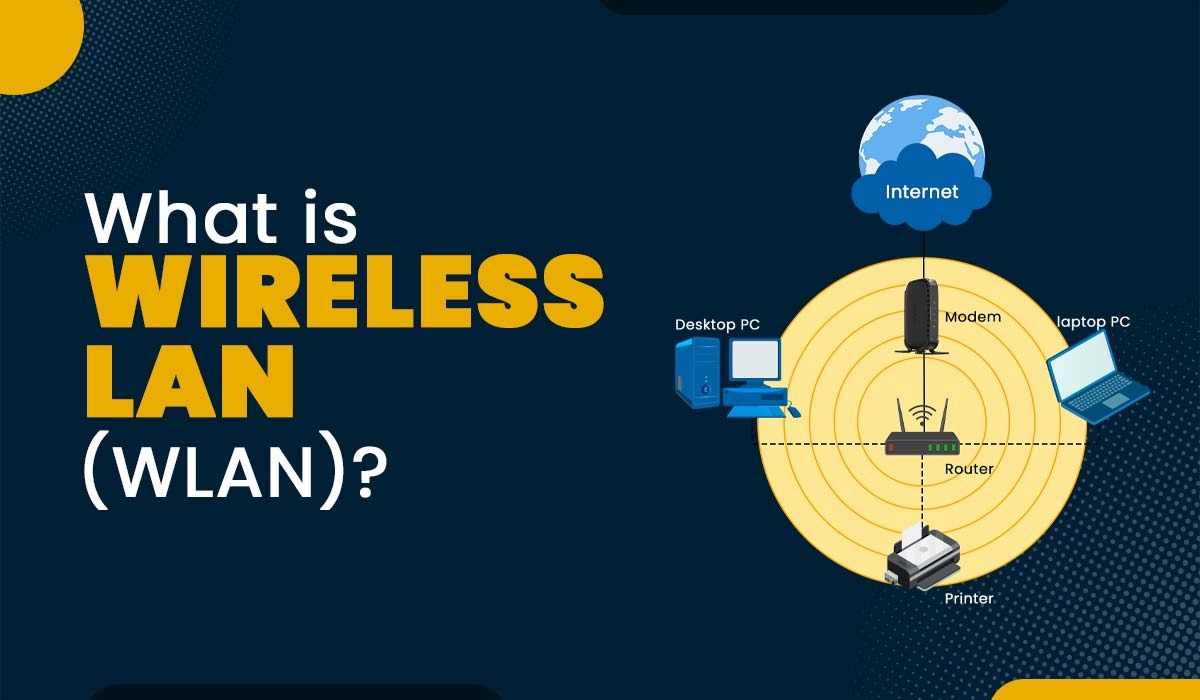



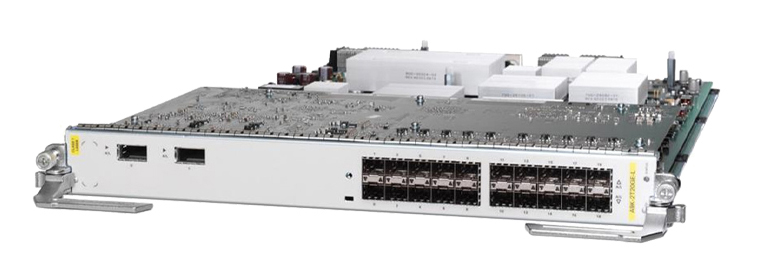

Vispala is a medical technology social enterprise that uses 3D printing technology to produce low-cost prosthetic arms for underserved people in India. Cisco provided early-stage funding to help them develop and test their products, scale, and become a financially sustainable social enterprise. Their initial market is in India, where close to one million people have amputations. The name, Vispala, comes from Hindu mythology: a warrior queen named Vispala lost her leg in battle, and wore a metal prosthetic leg.
 Dipak Basu, founder and CEO of Vispala
Dipak Basu, founder and CEO of VispalaDipak Basu is founder and CEO of Vispala. From 2006 to 2019, Dipak led Anudip Foundation, a nonprofit that provides digital training to marginalized youth and women in India. Looking for a new project at Anudip that could make a positive impact, Dipak and his team discovered that low-cost prosthetics could be created with 3D printing technology. Typically, a new and functional prosthetic limb can cost between$10,000USD and$20,000USD in the developed world. Traditional prosthetics available in developing countries are less expensive, but can be heavy, have limited functionality and can cause skin irritation.
Vispala has 3D printed prosthetics available between$100 to$200 for lightweight mechanical 3D printed prosthetics and are working on a low cost electronically powered version. They have served more than 500 people and are delivering more prosthetics to amputees in need. They partner with nonprofits that subsidize the cost for those who can
 Hot Tags :
Corporate Social Responsibility (CSR)
3D Printing
Helping our communities
Social Enterprise
COVID-19
tech for good
Hot Tags :
Corporate Social Responsibility (CSR)
3D Printing
Helping our communities
Social Enterprise
COVID-19
tech for good